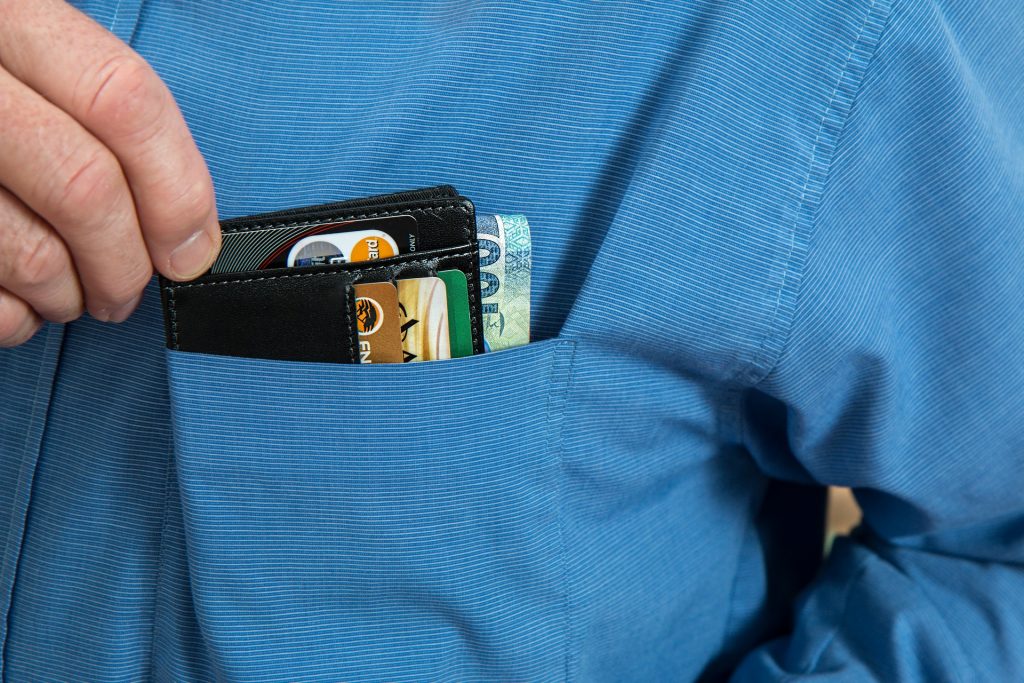Financial needs can be ever-growing, and so are the anxieties surrounding them. While you struggle to meet big expenses with a not-so-big income, life can feel much like a rollercoaster ride. That’s when personal loans come to your rescue. From replacing your refrigerator or refurbishing your home to paying for your education or meeting your unexpected medical expenses, personal loans can fill the hole in your pockets and minimize your stress.
What is a Personal Loan?
These are loans extended for your personal use such as repairs and refurbishing, education, medical expenditure, and most importantly, credit-card refinancing or debt consolidation. They are also called consumer loans.
How Do They Work?
Personal loans are usually unsecured loans (extended without any collateral). They come with a predetermined interest rate for a fixed period of time. This means that you have to pay a fixed monthly installment for the entire loan period. Unlike credit cards, personal loans are free of uncertainties in your financial commitment. So you will have precise knowledge of how much you have borrowed, what is your exact monthly liability and when will your debt be fully paid.
Also Read: Unsecured Personal Loan- How it Works
Are You Eligible for a Personal Loan?
When you apply for a personal loan, lenders consider a number of factors:
- Your Repayment Capacity– The first and foremost concern for any lender is whether or not you have the ability to repay your loan. Since personal loans are mostly unsecured loans, lenders want to be sure that you are employed and that you have a reliable source of income to repay the amount you borrow. If you’re unemployed or looking for a job, your chances of getting a personal loan are bleak.
- How Much You Earn- Your income is another important matter of consideration for lenders. While you may be employed, lenders are also interested in knowing whether your income is sufficient to actually repay the amount you intend to borrow, within the stipulated time period. Your income also determines the limit up to which you are eligible for a personal loan.
- Credit Score- This is a big determinant for loan approval. A bad credit score is enough proof that you have failed to repay loans earlier, or have defaulted credit card or loan payments on multiple occasions. If this is the case, your lender may not be willing to risk granting a loan to you. But with a decent credit score, there is a high chance for approval. So get a copy of your credit report from any of the credit bureaus and assess it thoroughly before you apply.
Personal loans are the easiest to obtain if you fulfill the eligibility criteria. They are life-savers in situations of emergency and unexpected expenditure. So if your expenses are leaving a hole in your pocket, don’t procrastinate. Apply for a personal loan now!

